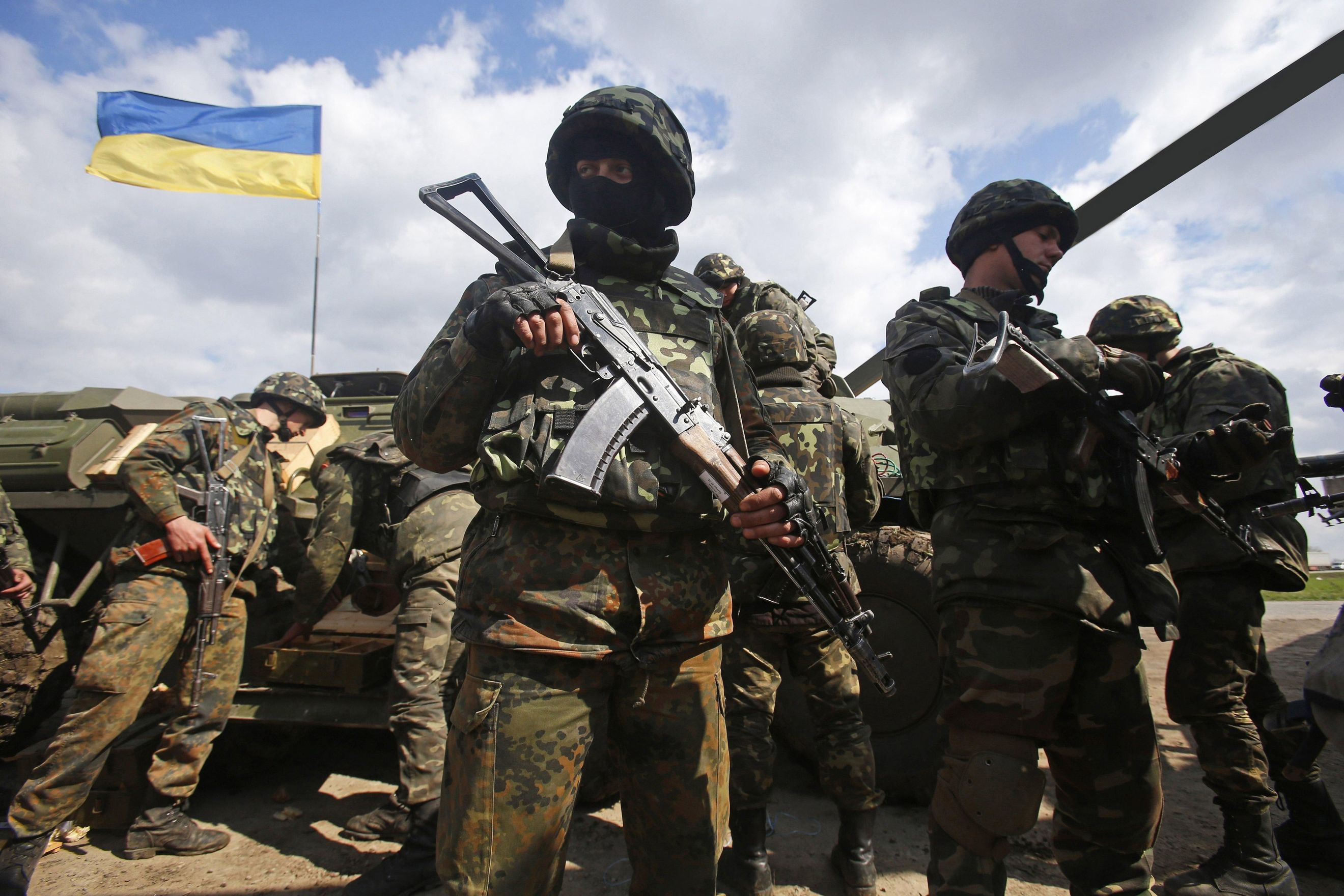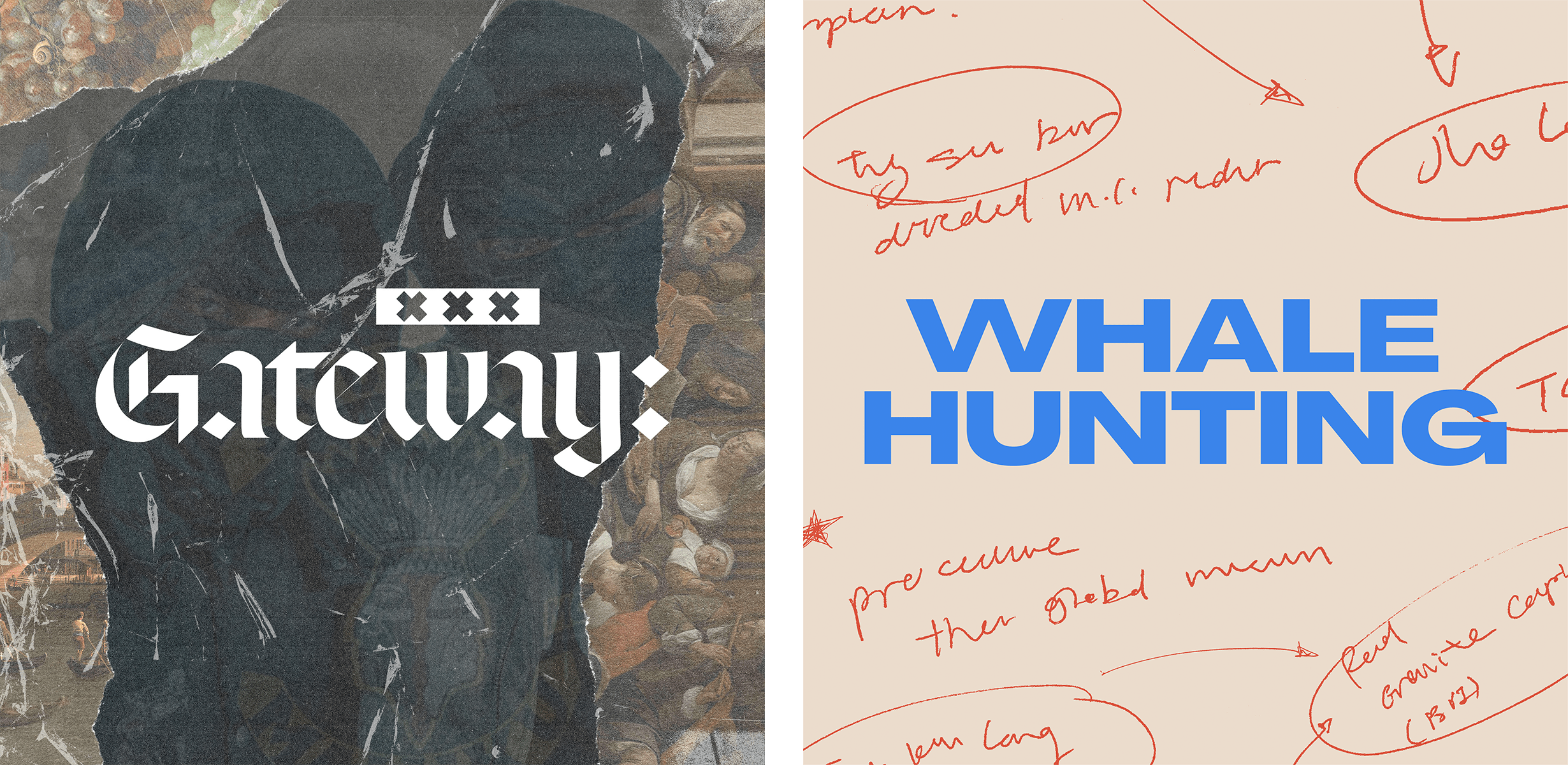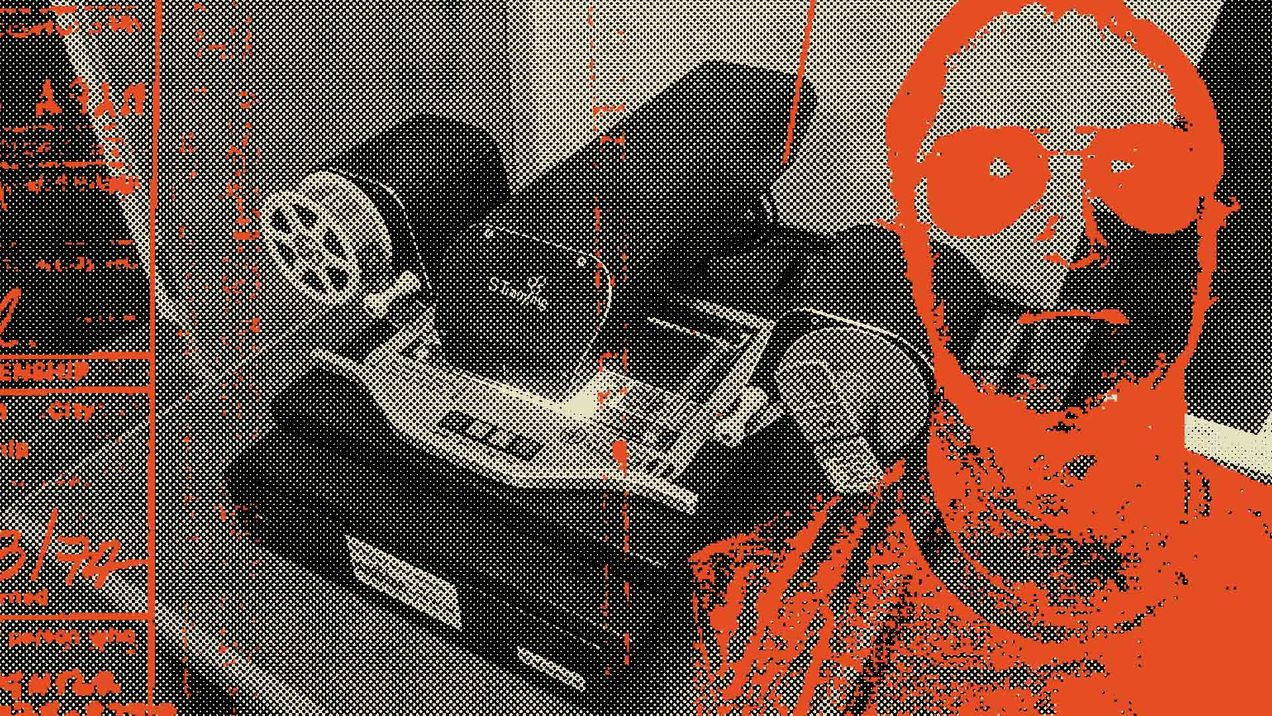
The Grinding War: An Interview with Polish Diplomat Marcin Przydacz on Ukraine
Last week at the Aspen Security Forum, I spoke with Marcin Przydacz, Poland's Undersecretary of State for Security, the Americas, Asia and Eastern Policy.
Since the early days of Russia's invasion of Ukraine, Poland has served as the central hub for Western military support for Kyiv. In addition to its steadfast military support for Ukraine, Poland has absorbed an estimated 3.5 million Ukrainians refugees since the beginning of the conflict.
Now, as the war grinds on in Ukraine's eastern Donbas region, and Kyiv looks to slowly retake key territory in the southern Kherson region, it seems clear that the conflict will not resolve itself any time soon. And that means, among other things, that Poland will continue to serve as a frontline state in one of the greatest crises of the twenty-first century.
Przydacz and I discussed Russian President Vladimir Putin's objectives in Ukraine, whether the war there was preventable, and how to deter Russia from further military actions in post-Soviet states like Moldava. We also talked about U.S.-Polish intelligence cooperation, the current humanitarian crisis in Poland, and Warsaw's vision for greater U.S. involvement on NATO's Eastern flank.
This interview has been condensed and edited for clarity.
The Brush Pass: I'm curious whether you think the Russian attack on Ukraine was deterrable at all, or whether it was impossible to prevent, and what you think NATO could have done differently – if anything – to change the current status quo.
Marcin Przydacz: Of course it was deterrable, but not in the last phase of the preparations of this operation. By spring of last year, Mr. Putin had gathered a lot of equipment and troops on the borders of Ukraine, raising the temperature globally. So since then, I think Putin had already made a decision that he was going to do it, taking advantage of several problems, several challenges: the post-pandemic world, elections in many countries, changes in governments, including the new U.S. administration. So he perceived this as a kind of window of opportunity. Because the plan of Mr. Putin to recreate the Soviet empire, or the czar's empire, was with him since he came to power. It's not a new idea. He was just waiting for the right moment.
But the question is whether he was capable of doing it, whether he was prepared to conduct such an operation in terms of military equipment, in terms of financial reserves prepared for this operation. And here it comes [down] to a discussion about economic relations with Russia and especially the dependency on Russian energy resources. So when you ask me whether it was possible to stop this operation, my answer is yes, if the Nord Stream 2 and Nord Stream 1 pipelines [didn't exist], given the dependence on Russian gas and oil of several European countries [caused by these pipelines]. Yes, probably we could have avoided [the war in Ukraine], but once the stream of money was on a daily basis going to Moscow and deepening the energy dependency on Russia, that was already a kind of road down to hell which enabled Mr. Putin to start this operation.
The plan of Mr. Putin to recreate the Soviet empire, or the czar's empire, was with him since he came to power. It's not a new idea. He was just waiting for the right moment.
There was always room for the Euro-Atlantic community to exert such pressure on Moscow that they would not attack Ukraine. Last year, in autumn, or even before the war, if at that time we were as united as we were in February, if at that time we would have shown him the list of possible sanctions, if at that time we would have supported Ukraine with equipment and financial assistance in order to help them to, from the very first day, to defend themselves, maybe that would have discouraged Mr. Putin. My previous comment was that he had made his decision and was waiting for the right moment. But on our side, we could have done a bit, probably a bit more in order to prepare. But you know, nobody really knew whether this scenario would happen for sure, 100 percent.
TBP: You mentioned untangling Europe's energy dependence on Russia. That's one thing that could probably be done to deter Putin in the future, but is there anything else you think that could be done now, or just strategically thinking, in the shorter or medium term, to prevent them from another military action? I know it's hard to think about that because obviously there's a horrific war that's going on right over Poland's borders now, but surely there's concern that this isn't necessarily the end, and that Putin might seek to attack another country.
Przydacz: It's a very difficult question. Ukraine is just the first step for Mr. Putin. He could start this type of operation in other regions, in other parts of the post-Soviet area. He's already done it in the South Caucasus, invading Georgia in 2008. Just a couple of months ago, he sent his troops to Azerbaijan and Armenia, he's present in Central Asia, and in the breakaway Moldovan region of Transnistria. Ukraine of course, is a kind of jewel, and it was always a jewel. In this Russian way of thinking, without Ukraine, there is no empire.
Ukrainian president Volodymyr Zelensky said that without Ukraine, there is no Russian empire, without the domination of Ukraine. But what more could NATO do? Again, by deploying more trips on the alliance's Eastern flank and deterring Russia, raising the cost for Mr. Putin. He would be, in that case, more concentrated on defending his own borders. Of course we [NATO] are a defensive alliance, but we can also answer the challenges which are ahead of us. We should also support more actively those newborn democracies like Ukraine, Moldova, and Georgia.
In 2008 at the Bucharest NATO Summit, there was already a way open for Georgia and Ukraine to join NATO, at least to have a roadmap to join. Many experts in Poland and in central Europe say that if that would have happened at that time, there probably wouldn't have been an invasion in Georgia, and [the 2014 invasion of Ukraine's] Donbas or Crimea, because Ukraine and Georgia would be already somehow secured by NATO. Unfortunately, it didn't happen. It was our German and French allies who blocked this decision. It was quite easy to predict that it was perceived by Mr. Putin as a sign of weakness and disunity. So following the old Soviet way of thinking, he moved forward. That's how it always happens, whenever we show our weakness, he's moving forward. So the answer is we need to show strength and that will discourage Mr. Putin.
TBP: You mentioned Russian actions in Georgia and also Transnistria. There's a lot of speculation – maybe a little more than speculation – that there's an attempt by the Russians to create a land bridge basically from Russia via southern Ukraine to Transnistria, to link up those regions. How have you been coordinating with your Moldovan counterparts to prevent this occurrence? Moldova's a small country, it's a developing economy. It doesn't have the ability to resist a Russian invasion. So, what are you talking about with the Moldovans about how to deal with the scenario if the Russians try to raise the temperature there?
Przydacz: You are right that Moldova is a developing country with a lot of strategic problems domestically. So what we are doing as Poland and encouraging our European partners to do is to help them to build democratic institutions, to build a modern statehood in order to help them be a bit more resilient to Russian influence in Transnistria. Moldova is a partner of the EU. What we should do is to help them to build a functional state, not let [them become] a failed state, which was very close in the case of Moldova.
You're right that there was, or there is still probably, the scenario in Putin's mind to create a corridor through Crimea, throughout southern Ukraine, Odessa, then to Transnistria. It didn't happen yet because of the [resistance] of Ukraine. Without supply chains, Russia cannot start any operation in Moldova. There is no land connection. There is no air connection. There is no sea connection. The only option, of course, there is an airport in Transnistria, but it's just next to the Ukrainian borders and Ukrainian air defense systems is quite professional. It's quite efficient. So if Mr. Putin would be able to do it, he would try, but until now, mostly because of the Ukrainian position, and the fighting in Donbas, he hasn't tried this. But once Ukraine – hopefully not – but once Ukraine would fail, of course, he will go forward. And Moldova is in direct danger.
TBP: When I talk to CIA sources of mine, they speak pretty glowingly about the cooperation and relationship between CIA and its counterparts in Polish intelligence. It's a really, really close connection over the years. In terms of coordination and cooperation, they talk about it as basically on par with the Brits. Obviously there's been a lot of activity since the war broke out. And I'm wondering if you could talk about if that relationship has evolved even more, because obviously you have to coordinate things at a really, really high level. Not just between the intelligence services, but also the U.S. and Polish militaries. Has there been any changes, have you seen any evolution in the relationship between the services since the war began?
Przydacz: We are allies. We are members of the same alliance and there is a lot of trust, mutual trust, between us and especially between Poland and the United States, but also the United Kingdom. We are a frontline country, the country of [NATO's] Eastern flank with the biggest army and also the biggest capacity, and the biggest knowledge about the Eastern neighborhoods. Of course, we are a valuable partner for our Western allies, Transatlantic allies, and the other way around, so we cannot complain about the cooperation in the sphere of intelligence between our two countries, Poland and the U.S., but also many other many other allies.
The question was whether [intelligence cooperation] intensified. Of course it intensified after the 24th of February. But even before that, the collaboration was very, very good. Now it's just a bit more intensive because of the fact that the challenges are there. There is a need for even better coordination and even better collaboration.
TBP: Poland is dealing with the humanitarian crisis of people crossing westward over the border into Poland. And it is a critical staging area for Western military assistance, heading eastward into Ukraine. Is there anything on either score that you feel like Poland's allies could do to assist the country more on with dealing with that? Because it's a big burden.
Przydacz: It is.
TBP: And over time, politically things get more difficult, not easier. I'm wondering if there's anything you think could be done better in terms of assistance.
Przydacz: There is a lot of things which could be done more actively. The support and assistance of our allies and partners could be a bit more effective. We do not feel that we are very much actively supported with regards to the humanitarian situation. The expectations towards the U.S. was rather on the field of security. So even before the war, President Biden decided to deploy additional trips to Poland just next to the border, the same with British troops. So they helped us first to secure the border, but also to coordinate the flow and influx of refugees. There was good cooperation and they were of assistance and help to us.
But when it comes to what to do with refugees, what should we offer them, how to accommodate them to [Polish] society, how to enroll kids in school – 90 percent of [Ukrainian refugees in Poland] are women with kids. So it is a big challenge. Our criticism goes mostly to our European partners, including the European Commission.
We are a member of the European Union. We are securing and protecting the European border. We are all, as the community, as Europeans, we do have responsibility for Ukrainians, for refugees. Unfortunately we haven't gotten very significant financial assistance with regards to that, and especially at the government level. NGOs were somehow supported through other channels, the UN probably tried to also do it. But a lot of the burden was on the shoulders of the Polish government, a lot of it on regular Poles and NGOs. They got some support, but when it comes to the relations with government, for sure, the financial assistance of the Commission, it was simply not enough. There were no additional funds.
This is the biggest crisis, the biggest refugees crisis, much bigger than in 2015 [during the Syrian civil war]. Much, much bigger. Just to compare, in 2015 when it was the biggest crisis at that time, 10,000 refugees or migrants crossed the German border daily. This time in Poland, there were 200,000, 10 or 20 times more daily. And we were not applying any quotas, and forcing people to leave the country. Rather, we were trying to help them on the spot, on the ground. But surely, the Commission was not active enough with regard to that.
It seems that our European partners sometimes are much better in talking and discussing, but when it comes to concrete needs, they probably need a bit more time. It's already been five months [that we're] still waiting for their active assistance.
And when it comes to the security assistance, as I told you, the U.S. deployed troops just before the outbreak of this war. Just recently at the Madrid summit, the NATO summit, there were some positive, good decisions taken. There will be an enhanced forward presence. Battalions will be scaled up to brigades in several Eastern flank countries. But we need to do a bit more.
So what we are trying to do is to convince our American partners to send additional troops, combat-ready units, not only officers – which they're doing, they are sending the 5th Corp to be placed in Poznań on a permanent basis. That's a good decision. But what we need to see is the more robust presence of American troops on Polish ground. And that's the goal of of our diplomacy now, in order to properly deter Russia, but also to secure the Eastern flank countries.
Get in touch at zach@projectbrazen.com or securely at brushpass1@protonmail.com.


